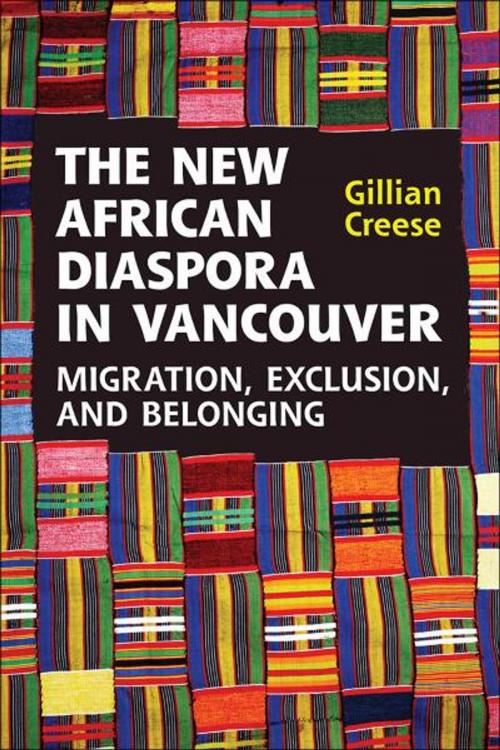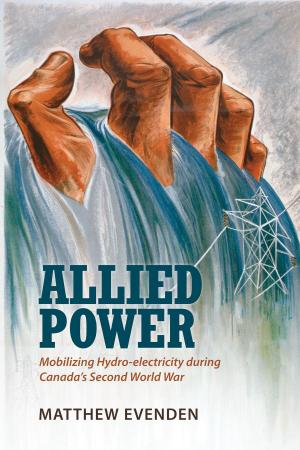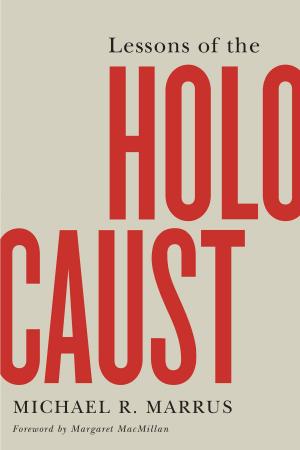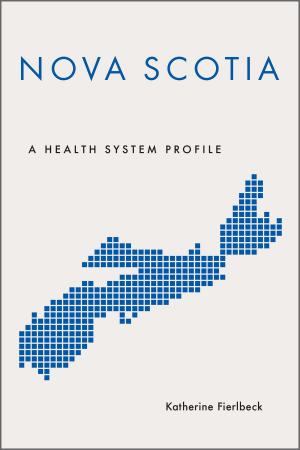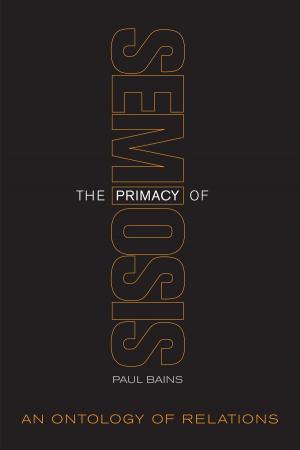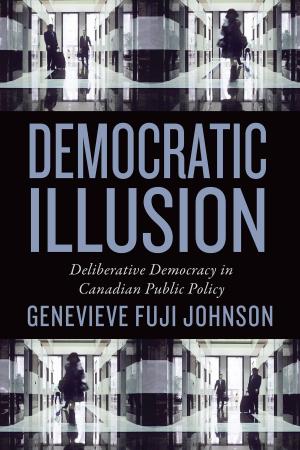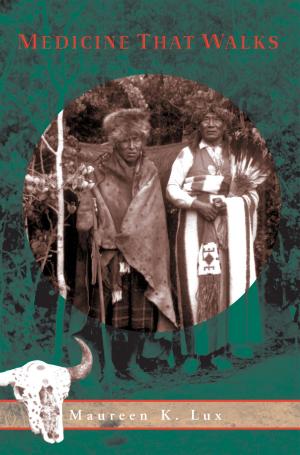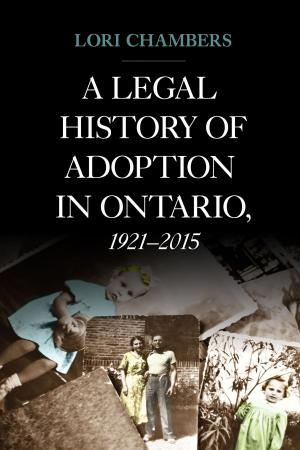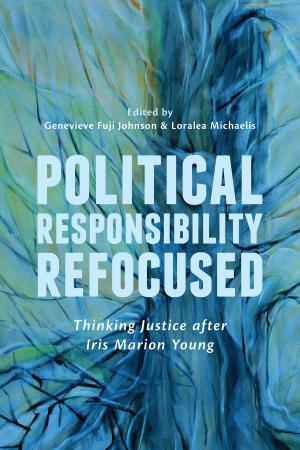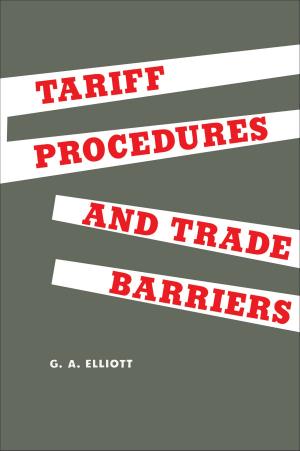The New African Diaspora in Vancouver
Migration, Exclusion and Belonging
Nonfiction, Social & Cultural Studies, Social Science, Cultural Studies, Ethnic Studies, Sociology| Author: | Gillian Creese | ISBN: | 9781442695191 |
| Publisher: | University of Toronto Press, Scholarly Publishing Division | Publication: | August 13, 2011 |
| Imprint: | Language: | English |
| Author: | Gillian Creese |
| ISBN: | 9781442695191 |
| Publisher: | University of Toronto Press, Scholarly Publishing Division |
| Publication: | August 13, 2011 |
| Imprint: | |
| Language: | English |
The New African Diaspora in Vancouver documents the experiences of immigrants from countries in sub-Saharan Africa on Canada's west coast. Despite their individual national origins, many adopt new identities as ‘African’ and are actively engaged in creating a new, place-based ‘African community.’ In this study, Gillian Creese analyzes interviews with sixty-one women and men from twenty-one African countries to document the gendered and racialized processes of community-building that occur in the contexts of marginalization and exclusion as they exist in Vancouver.
Creese reveals that the routine discounting of previous education by potential employers, the demeaning of African accents and bodies by society at large, cultural pressures to reshape gender relations and parenting practices, and the absence of extended families often contribute to downward mobility for immigrants. The New African Diaspora in Vancouver maps out how African immigrants negotiate these multiple dimensions of local exclusion while at the same time creating new spaces of belonging and emerging collective identity.
The New African Diaspora in Vancouver documents the experiences of immigrants from countries in sub-Saharan Africa on Canada's west coast. Despite their individual national origins, many adopt new identities as ‘African’ and are actively engaged in creating a new, place-based ‘African community.’ In this study, Gillian Creese analyzes interviews with sixty-one women and men from twenty-one African countries to document the gendered and racialized processes of community-building that occur in the contexts of marginalization and exclusion as they exist in Vancouver.
Creese reveals that the routine discounting of previous education by potential employers, the demeaning of African accents and bodies by society at large, cultural pressures to reshape gender relations and parenting practices, and the absence of extended families often contribute to downward mobility for immigrants. The New African Diaspora in Vancouver maps out how African immigrants negotiate these multiple dimensions of local exclusion while at the same time creating new spaces of belonging and emerging collective identity.
